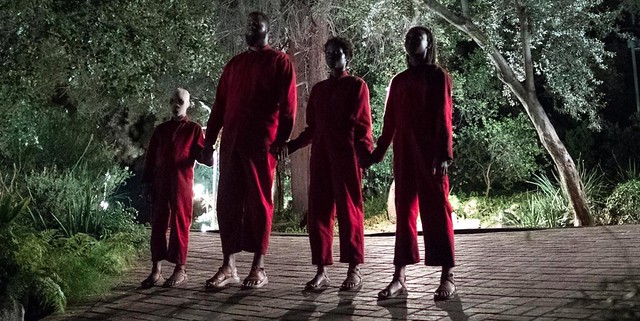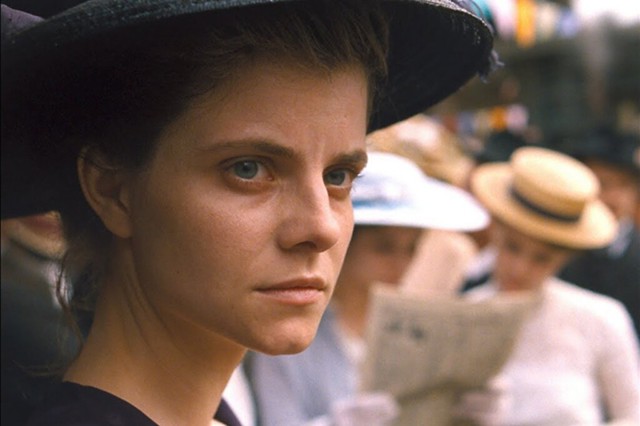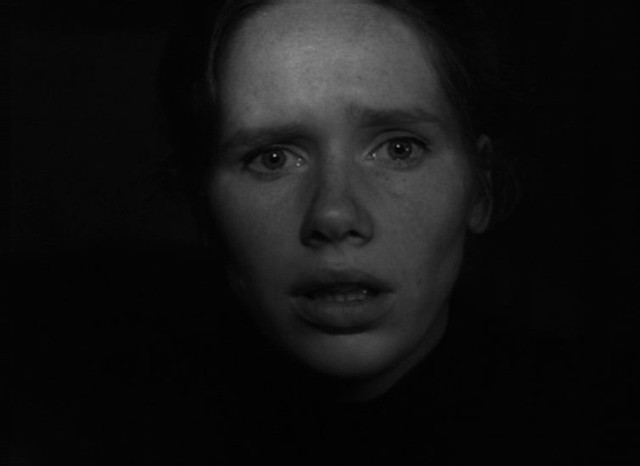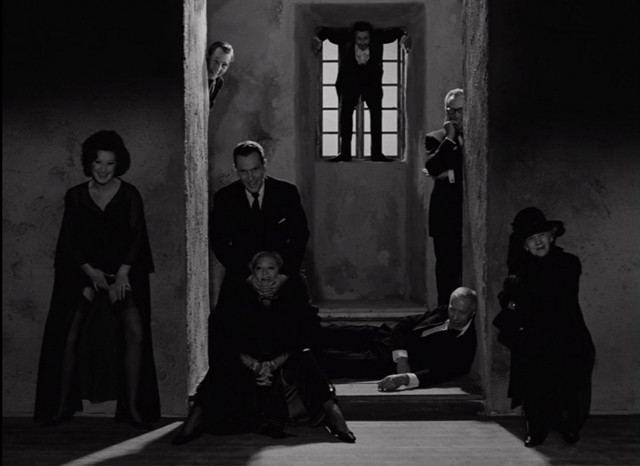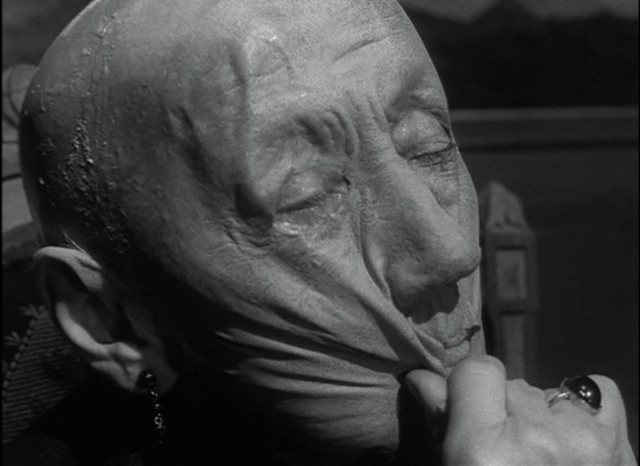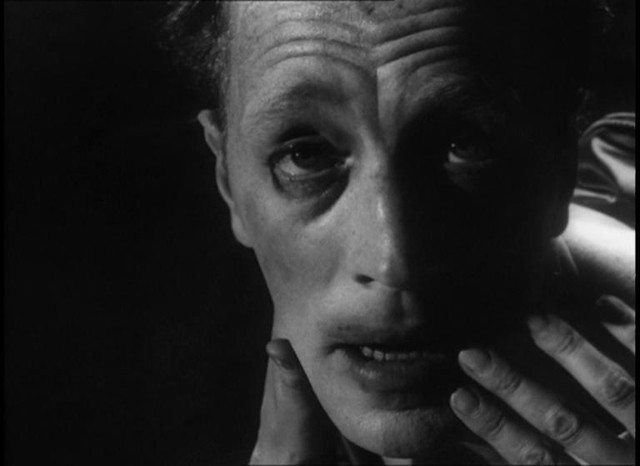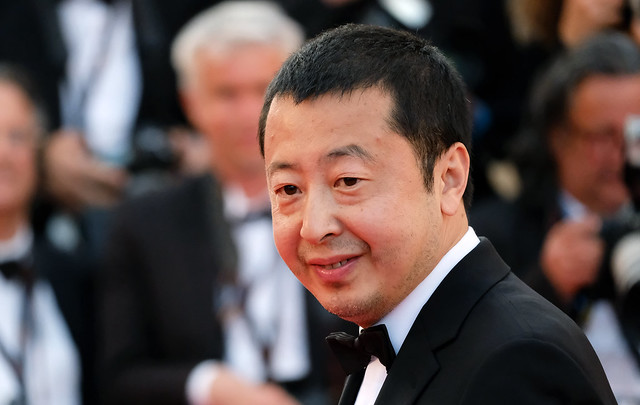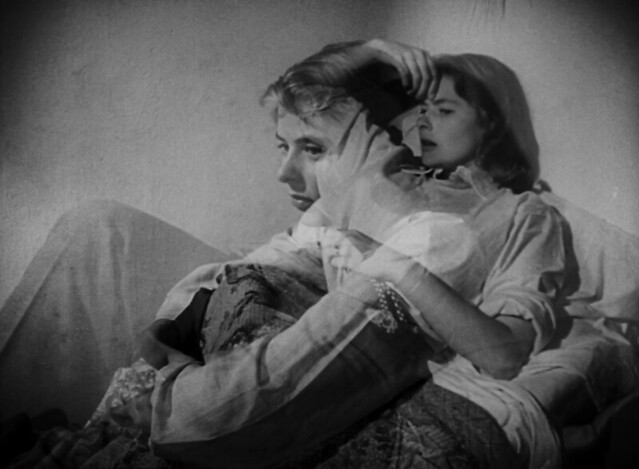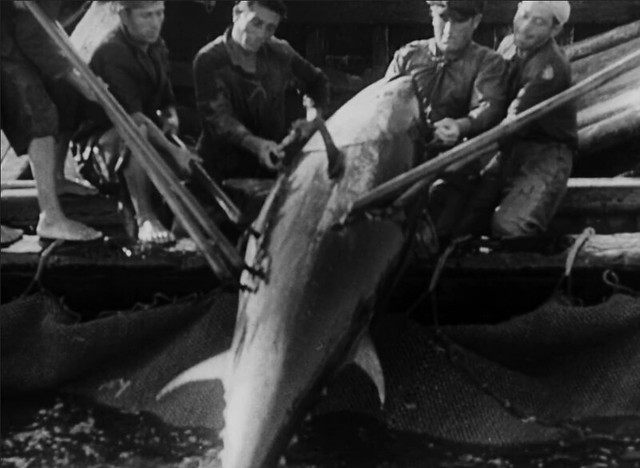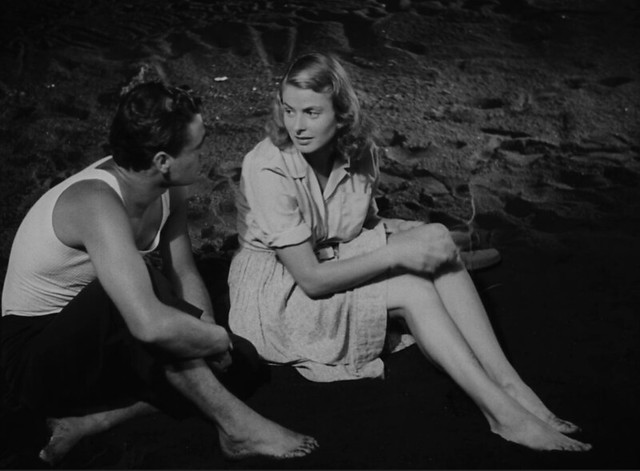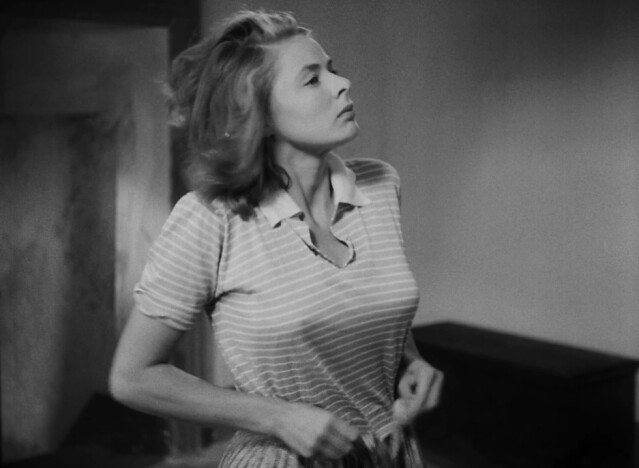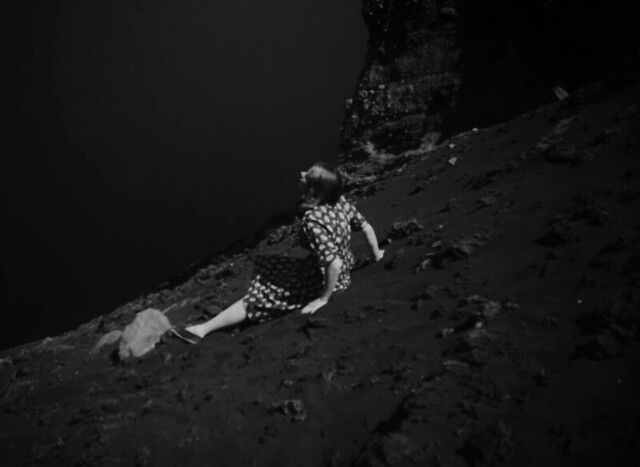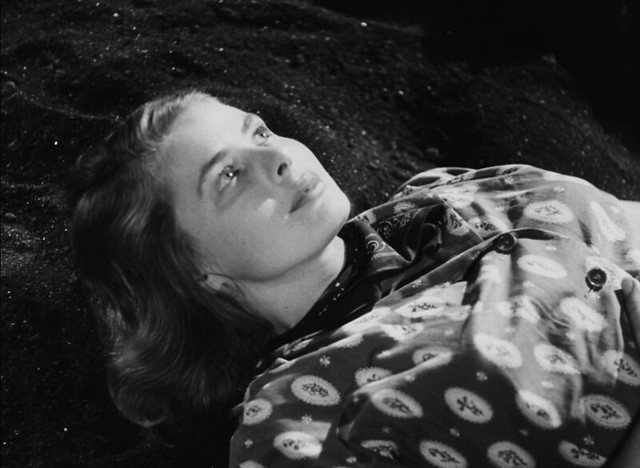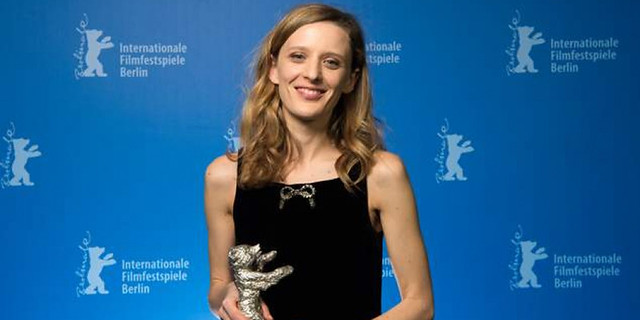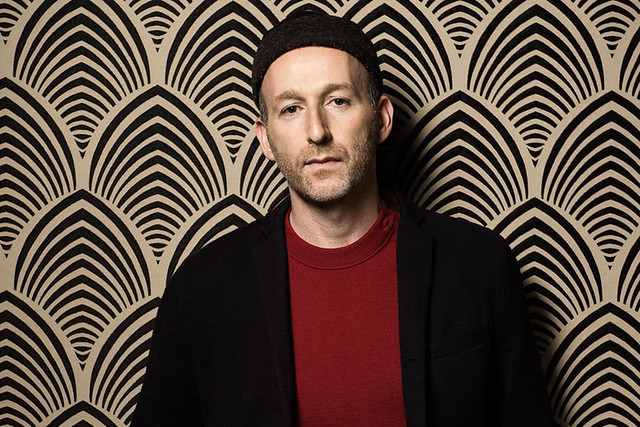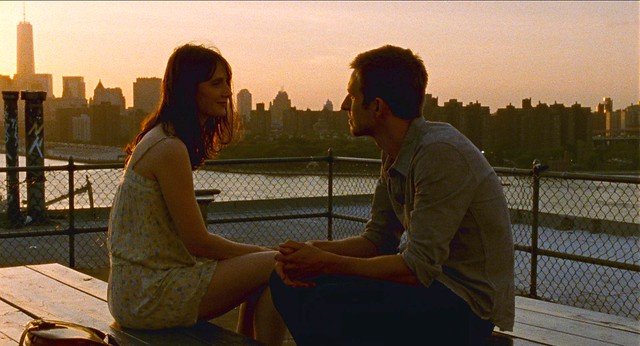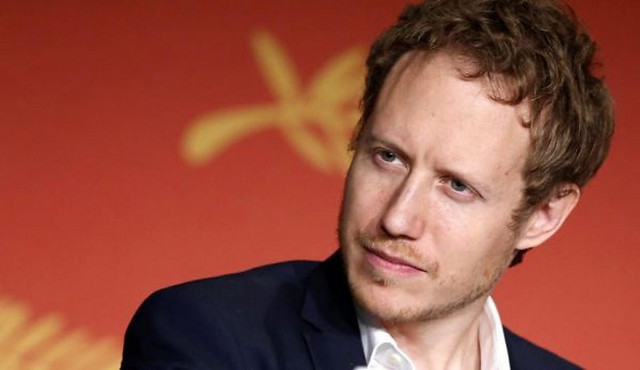
I saw Hungarian director/writer László Nemes' sophomore film Sunset at this year's Film Comment Selects series and was blown away by it. It is just as strong as his phenomenal debut film Son of Saul, a riveting Holocaust drama that brought him awards and international recognition. Layered, complex and technically brilliant, Sunset is a challenging film that will leave an indelible mark on many year end lists as one of the best films of 2019.
I missed the chance to talk to him in New York due to his flu symptoms, but he graciously granted a skype interview at a later date. This is the how the interview went down:
So SUNSET is co-written by Clara Royer and Matthieu Taponier. How was the writing process for this particular film?
Well it was strange because it’s a Hungarian film, the language is Hungarian and we were speaking French and writing it in English. We were under the influence of many languages I would say. But the thing is that Clara speaks Hungarian and Matthieu also spent quite a lot of time in Hungary. So we were bunch of outcasts in a way and eager to cooperate on the second film. Good thing is that we don’t have the exactly the same aptitudes - I am better in scene design, Clara is better at interactions and character’s psychology and Matthieu’s better at structure, so that create this back and forth dynamics that this film required.
It was a quite a lengthy process and we also had to adapt to certain situations, for example, one of the supporting actresses left the first day of the shoot so we had to change, as we were shooting, many aspects of the scenes. Writing script requires constant nourishing and development.
What I hear is that you conceived this film while you were shooting SON OF SAUL, is that right?
Yes. Yes even before that, actually. I wanted to make a film about a young woman at the turn of the century with her personal fate was reflecting the birth of the century and the turmoil of civilization.
Just for the audience who might not be familiar with the history of the Austro-Hungarian Empire at the time, 1913, can you give us a little bit of a background?
Well I can’t really. I’d just like to say that we don’t need a manual for this film. You know people usually think that for historical films, period films they need some sort of manual or explanation but our approach to the film was not political, not societal - the ones that you recreate sort of historical facts or atmosphere. We wanted it to be about this one person going through this turmoil, not really seeing the cause of it or seeing it through from beginning to the end.
I feel that history takes place and you don’t have the control over the situation. That being said, that’s what is in the beginning of the film in the title card that this takes place before WWI in a civilization, in a country, in a kingdom, with many nationalities and many languages. That we are in a world of dual kingdom where multiple ethnic groups coexisted. I guess you can say that was the world full of promises but we knew what happened. WWI and then WWII that brought us the sad end of those promises and the end of civilization, so to speak. So that was all you need to know, really.
That’s what I liked about the film. Just going in there without any kind of specific prior knowledge about the region, but it was invigorating for me watching this and thinking about all the things that are going on around the character of Ìrisz (played by Julie Jakab).
Wanted to ask you about the consistency of the subjective view of the world through one central character. How you film this is very distinctive. Is this always the case when you do a film?
That’s how I did it for Son of Saul and Sunset, but that doesn’t mean I will always do it that way. Just that I am really interested in the limitations of human beings as opposed to giving an impression of a god-like perspective.
Ah, I see.
More and more I have that impression in cinema, through television and the internet. Multiplication of angles, you know, high angle shots that give the audience a voyeur’s position, giving you that safe distances at the same time giving god-like power over the whole situation you are seeing in front of you. It gives you a false sense of power.
I just wanted to go back to the core of human perception. That’s what really interests me because that’s how we really experience the world and there are limitations in our perceptions. We are in the labyrinth of our lives. We don’t always have the key to see the world. I wanted to approach this film with this person who doesn’t have the key to the understanding of the world and how she copes with that. There is this rebellion in that I wanted to make the viewer out of the comfort zone a little bit.
Is the technology advancement like VR experience of any interest to you?
Well I don’t know. I’m not saying that it shouldn’t exist. I’m just saying that our brain is a way of virtual experience and there is much more to explore before we all become slaves of the technology. (we laugh) And I do think we are becoming slaves to technology and to the computers, you know. I’m not sure if you saw the film on 35mm at the Lincoln Center or…
Yes, I did.
OK, so you see what difference in experience can be when you have the chemical, physical, mechanical grounding in the world as opposed to everything being virtual. I think it’s a serious question and I am worried about that.
Is that why you continue to shoot on film?
Yes. I really like the look and feel of film. That’s what I really think how cinema should defend itself rather than trying to be television and beat it at that ground game. It’s not gonna happen. I truly believe that shooting on film and seeing it on the big screen is something you can’t replicate at home. People feel the proximity of film when they see it in theaters.
As you mentioned, Ìrisz doesn’t know what exactly going on. But she is fearless - she just jumps in to whatever is out there. That’s why I was fascinated by the character. I know that she was in SON OF SAUL. Is that how you cast Julie Jakab in SUNSET?
Yes I knew her and I wanted to work with her. The secrets that existed in her own personality, the sorrows that she has in her own life - she had major catastrophes in her own life, that I think she conveyed through this invisible link to the audience. I think that resonates in her character. Ìrisz has a hard time understanding herself and that she remains a mystery and I think Julie also has been a mystery to me. It’s not a performance based acting that I was looking for. It was something more invisible in a way that creates much more…I don’t know, ‘metaphysical link’ to the audience. It may not be satisfying in the usual acting way with the good moment, with the right moment while watching the film. But she, I think, creates an aura that goes beyond the dimension of the film that can resonate after the viewing.
It’s in her eyes. I could see it in her searching glances.
That’s good.
She is great. But one thing that struck me was that how Jakab could tie SON OF SAUL and SUNSET together somehow. That her character in SON OF SAUL could be the daughter of Ìrisz. Was it intentional?
I think it was more unconscious in retrospect. It is interesting to be pointed out as I said at the Q & A, that this girl in this beautiful hat in this beautiful setting has the same face in the most desperate human situation in WWII. Yet how we arrived there is something of a mystery. Anyway it creates another reflection on the part of the viewer when they see both films.
It really worked, for me, at least.
Another great actor Vlad Ivanov known for his Romanian films (FOUR MONTHS, THREE WEEKS AND TWO DAYS, POLICE, ADJECTIVE and SNOWPIERCER) is a big part of SUNSET. How did you cast him? I didn’t know he spoke Hungarian.
It’s interesting. Vlad had to learn his lines.
Really, wow.
He really did. It was a heroic, tremendous effort and I am extremely grateful for that. He is an incredible actor. He has an incredibly disciplined way of acting. I wanted to work with him for a while. In a way, I wrote the part for him. I really thought from the beginning that he was the right person for this role.
He also has a layers that are difficult to decipher and I really wanted to have this imbalance for the viewer not to be able to categorize him or put him on one side or another, same as Irisz can’t be easily categorized. It was a good opportunity for me to put the viewers in that position.
I always take each actor as a person and work with that energy of this one person. What I learned from Bela Tarr is that we need to find the person before you find the actor.
With your two films, your visual style widely regarded as arresting and mesmerizing. But the sound design in Sunset is nothing short of brilliant as well. How important is the sound for you when you make a film?
It’s very important. For me it’s half of the film. I really believe that. I also believe that sound is not just there to replicate what is already present in the image. We can go beyond that into the invisible, psychological realm and also into the spirit of the film through the soundscape. We spent almost 6 month on the sound alone. Tamás (Zányi, the Sound designer for both Son of Saul and Sunset) who is a loyal companion to me and I wanted to create layers of sound around Irisz where the she loses herself in the turmoil and whirlwind of visuals but she would find more layers, new layers to lose herself in, as if she were in the labyrinth. That’s what
Sunset’s soundscape suggests and reinforces. That way we can really have an access to her mind. It contains the very conflictual elements in her being and in her perception of the world.
There is a certain finality in naming the film SUNSET. I know it was about possibly the end of civilization as we knew it. I can totally see the relevance of that in the world we are living right now - with the rise of nationalism, Basket of Kittens and chaotic political climate globally. I am wondering if you consciously decided to make this film now.
I’d say I am very sensitive to the path that our world is on right now. I feel the sense of despair in our civilization for quite some time. I tried to go beyond the political level but there’s this metaphysical vibrations that I can feel in the world. I feel that we are petrified by our own capabilities. I don’t think mankind was able to assess, really look in to, itself. We fail to assess the potential for evil that lies within itself although the recent history, say, past 100 years or so, or take the 20th century was horrendous. Then we can see that there’s not much for optimism. Even with all the development and technological advancement have not created more humanistic society but only self-destruction or increasing desire for self-destruction. It’s always looming and I really feel that. And I guess that semi-consciously wanted to reflect on my films.
So what would be the next step for you? What are you planning?
I think I might film something in English at some point. I am looking forward to expanding myself and find other approaches to the film. It is too early to tell but am writing several things at once. I can’t talk about anything specific but I will do something in English.
Sounds good. Looking forward to it.
Sunset opens 3/22 in New York and Los Angeles.
